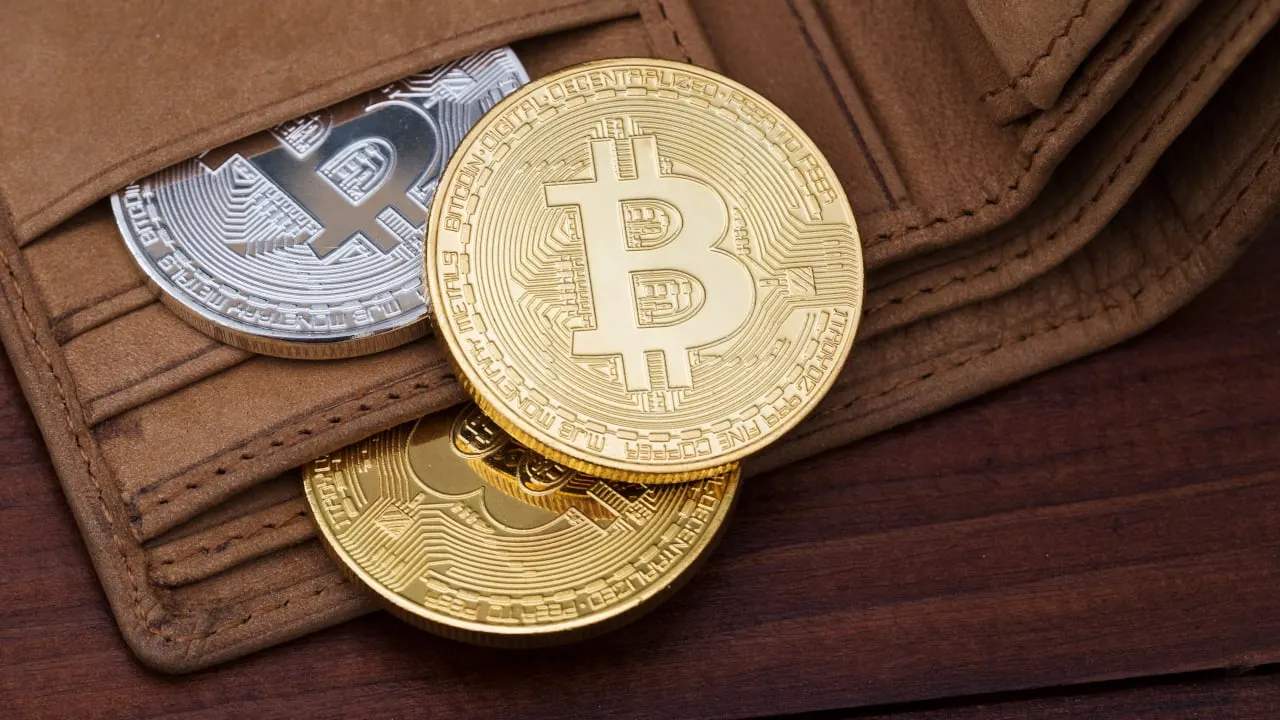Bitcoin Ordinals inscriptions are fast becoming the top digital collectible in the crypto market, and developers are looking for ways to make buying and trading them as simple as possible. One company on the case: Oyl, creator of an eponymous browser-based wallet that allows in-wallet swaps of inscriptions.
Backed by former CEO of BitMEX Arthur Hayes’ Maelstrom Fund and pseudonymous BRC-20 creator Domo, Oyl announced a $3 million pre-seed round on Thursday.
Launched in August 2023, Oyl is a New York-based Bitcoin infrastructure developer that designs blockchain tools like the Oyl wallet, which aims to give users access to the newest trading tools in a single application.
“I think that the incorporation of other products in Oyl’s tech stack, such as Metashrew, will enable a huge amount of innovation in the metaprotocol space,” Domo told Decrypt. “This will allow creators to easily spin up protocol indexers and wallet infrastructure without massive technical expertise.”
Metashrew is an indexing product that provides a framework for building metaprotocols on Bitcoin. Venture capital firm Arca led the investment round. Others joining the $3 million raise are Taproot Wizards CEO Udi Wertheimer, UTXO Management, Kanosei, FlamingoDAO, and various Ethereum NFT funds.
“Bitcoin has been known as digital gold,” Oyl CEO Alec Taggart told Decrypt. “With the advent of ordinals and exploration of development on Bitcoin, it's being used as a protocol, digital oil.
“[The name] Oyl is tongue in cheek,” he continued. “Oil itself led the Industrial Revolution and signifies smoothness, wealth, and, essentially, utility.”
While Bitcoin is still the number-one cryptocurrency with a $1.3 trillion market capitalization, true decentralized finance (DeFi) has eluded the network. For many, the Taproot upgrade and Ordinals put DeFi on Bitcoin within reach.
“I think eventually [Taproot] is going to get most of the utilization,” Taggart said. “There's 80% utilization of Taproot mostly because that's where the activity is with ordinals.”
Taggart said the goal of the Oyl wallet is to have all Ordinals trading happen within the wallet and, like MetaMask, allow users to connect to a marketplace to sign transactions and trade and swap Bitcoin-based digital assets.
“So think about Ordinals, BRC-20, CBRC-20—a lot of this functionality needs an index,” he said. “It is extremely difficult to build these, interpret them, and also have data transparency around it for people to build on top of these standards.”
Taggart said users will be able to send multiple inscriptions at once, something he said used to require connecting a wallet to a marketplace like Magic Eden.
Oyl claims its wallet will be unique in offering direct in-wallet trading tools for aggregating markets for BRC-20 tokens and integrating swaps via the BRC-20 swapping protocol Omnisat. As Taggart explained, the Oyl wallet will categorize assets as either collectibles or tokens for clarity, ensuring that users can easily distinguish and manage their assets with more than just text-based descriptions.
"Bitcoin DeFi is still a nascent space, but given Bitcoin’s outsized market share and staying power as the world’s marquee crypto asset, it has the potential to develop into crypto’s go-to DeFi ecosystem,” Hayes told Decrypt. “If that bears out, the infrastructure projects underpinning this new ecosystem will be the primary beneficiaries, with some likely growing to become among the largest and most widely used platforms in all of crypto.”
It remains to be seen which projects will emerge as the tentpoles of this next era of Bitcoin development, Hayes acknowledged, but he said was optimistic that Oyl has an early lead with its BRC-20 aggregation tools and Ordinal trading technology.
“I’m excited to see where they build from here, and fully expect them to continue separating themselves from the rest of the pack,” he concluded.
Edited by Ryan Ozawa.

